Wine has been enjoyed for centuries and is often associated with celebrations, romantic dinners, or simply an enjoyable evening at home. But have you ever wondered if wine goes bad? Whether you’re a seasoned wine connoisseur or just starting to explore the world of wine, it’s important to know how to properly, store wine, and care for your favorite bottle.
We’ll explore the question of whether a bottle of wine can go bad and share some tips on how to keep both opened and unopened bottles of wine fresh for as long as possible. From understanding the factors that affect a wine’s shelf life to learning about different storage options, we’ll provide all the information you need to ensure your next glass of vino is just as delicious as the first.
Don`t worry wine which goes bad just turns into vinegar. Therefore it won`t hurt you it will just tase bad.
How long does wine last after it’s opened?
Wine is one of the most popular alcoholic beverages in the world, and it’s not hard to see why. From a crisp Chardonnay to a bold Cabernet Sauvignon, there’s something for everyone when it comes to wine. But what happens once you’ve opened that bottle? How long will your favorite vintage last before it goes bad?
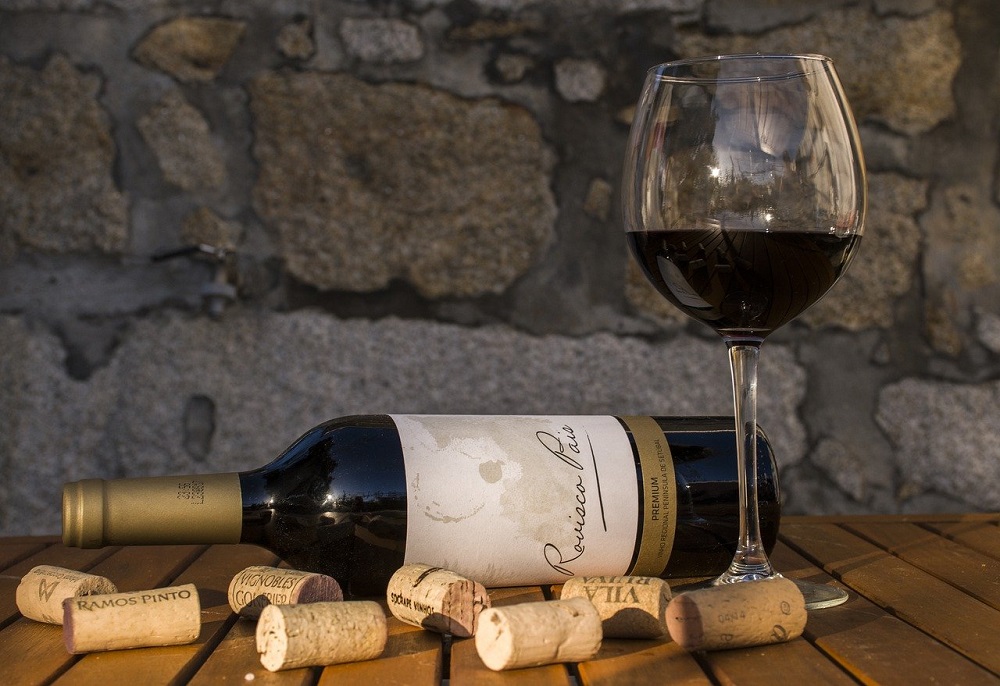
The answer to that question depends on several factors, including the type of wine, how it’s stored after opening, and even personal taste preferences. Generally speaking, red wines tend to last longer than white wines once they’re opened. This is because red wines contain more tannins, which act as natural preservatives and help slow down the oxidation process that causes wine to spoil over time.
That being said, even red wines won’t last forever once they’ve been uncorked.
What Happens When Wine Goes Bad?
Have you ever opened a bottle of wine only to find that it tastes nothing like it should? This can be a frustrating experience for any wine lover. Unfortunately, it’s something that happens more often than we’d like. Wine can go bad for a variety of reasons. When it does, the result can be disappointing at best and undrinkable at worst.
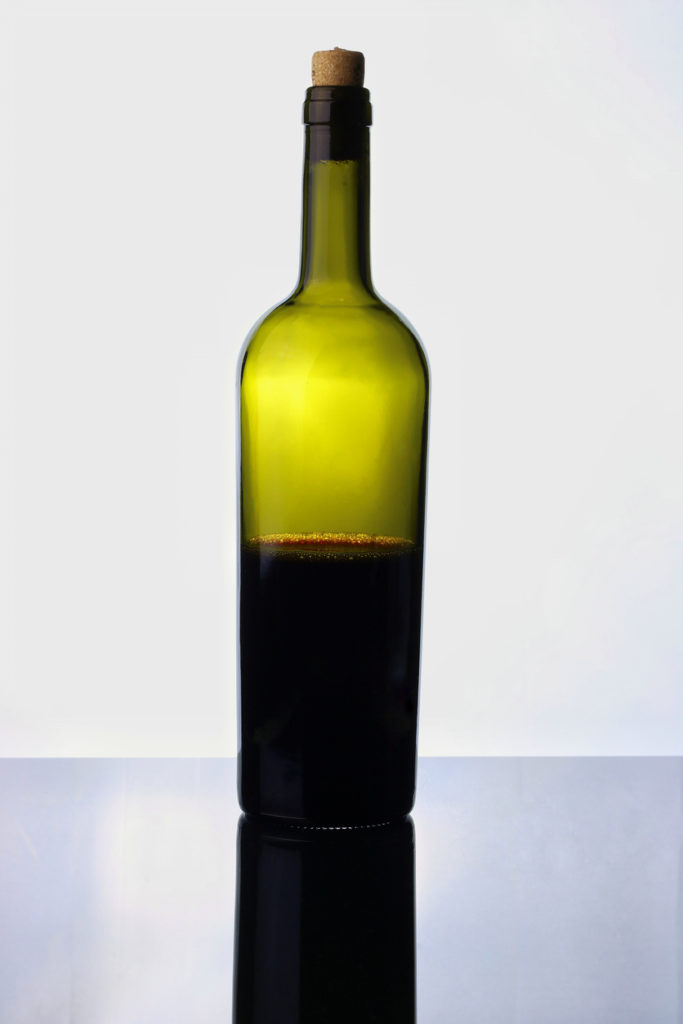
Why does a wine bottle go bad after opening?
One of the most common causes of wine going bad is exposure to oxygen. When wine comes into contact with air, it can start to oxidize, which alters its flavor profile and aroma. You can find nutty aroma or notes of rotten fruit.
Over time, this process can lead to spoilage where the wine takes on a sharp or vinegary taste. Other factors such as temperature changes and light exposure can also contribute to spoilage.
Another reason why wine may go bad is due to acetic acid bacteria contamination which enhances the vinegar note.
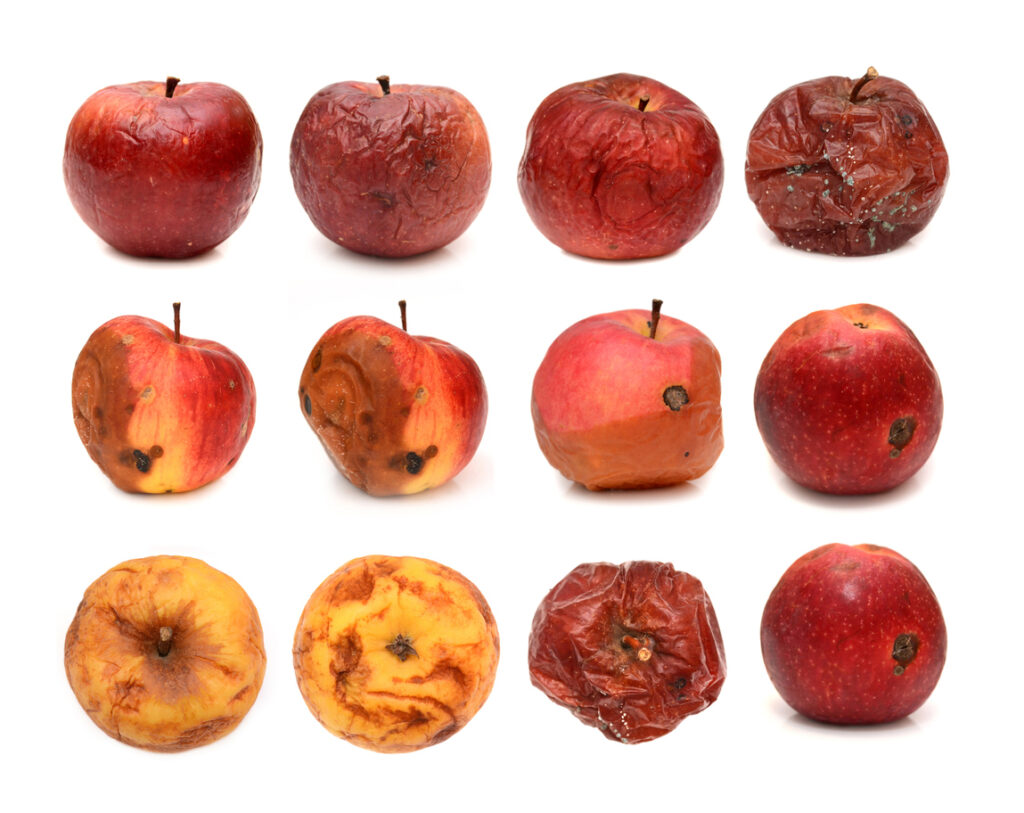
How Long Does Red Wine Last?
Red wine is a popular beverage that people enjoy for its rich, complex flavors and health benefits. However, many people often wonder how long an opened unopened bottle of red wine will remain drinkable. The answer depends on several factors, including the quality of the wine, storage conditions, and personal preferences.
Acidity and Tannins
Generally speaking, most red wines will last between three and five days after they’ve been opened. However, certain types of wines can last longer or shorter than this range. For instance, full-bodied red wines with a higher acidity like Cabernet Sauvignon tend to hold up better than lighter-bodied varieties like Pinot Noir or Beaujolais.
Additionally, fortified red wines such as Port or Madeira can last for several weeks or even months once opened due to their higher alcohol content.
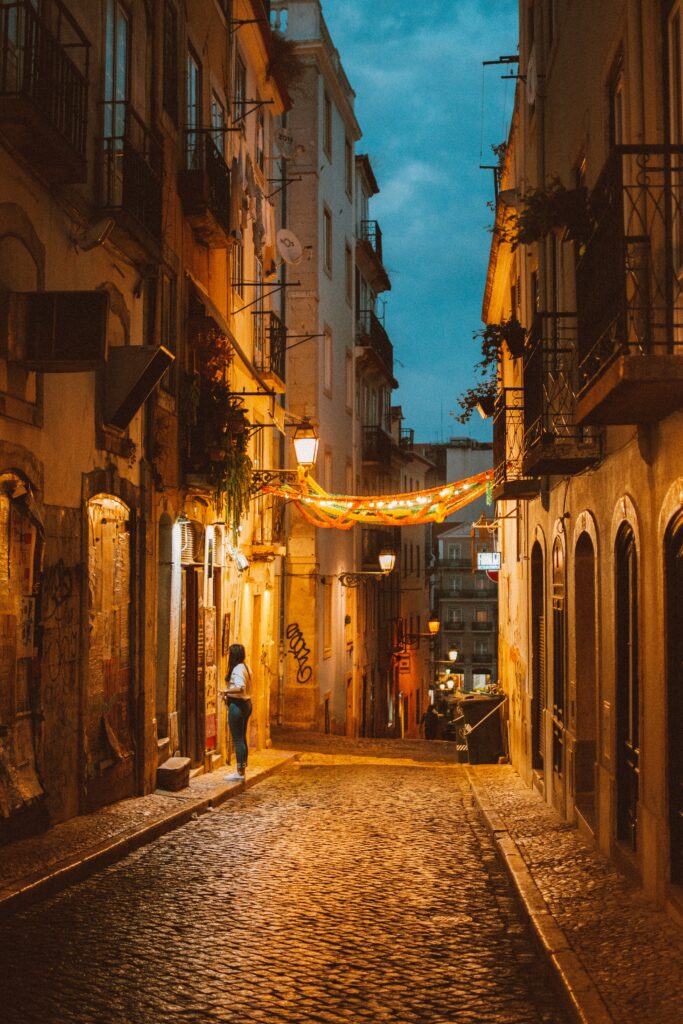
Other factors that affect how long a bottle of red wine lasts after opening include storage conditions and personal preferences.
How long does white wine last in the fridge ?
White wine is a popular alcoholic beverage that can be enjoyed at any time of the year. However, one of the biggest concerns for people who enjoy white wine is how long it can last once it has been opened. The answer to this question depends on several factors. It includes the type of white wine you are drinking and how it is stored.

Light bodied white wine vs full bodied white wine
Generally speaking, most white wines will only stay fresh for two to three days after they have been opened. This is because once a bottle of white wine has been opened, oxygen begins to seep into the bottle and interact with the liquid inside. This process can cause the wine to lose its flavor and aroma over time. Light bodied white wines like viognier or sauvignon blanc last for 3-5 days after opened. Full bodied white wines like chardonnay or oaked chardonnay can last up to 3 days if properly sealed.
However, there are steps you can take to extend the life of your open bottle of white wine. One option is to store it in your refrigerator. You need ot close the opened wine with a cork, plastic wrap which is held in place by a rubber band or wine stoppers. The time you can store your favorite wine can be extended by a day or two. You need to use a vacuum sealed cork.
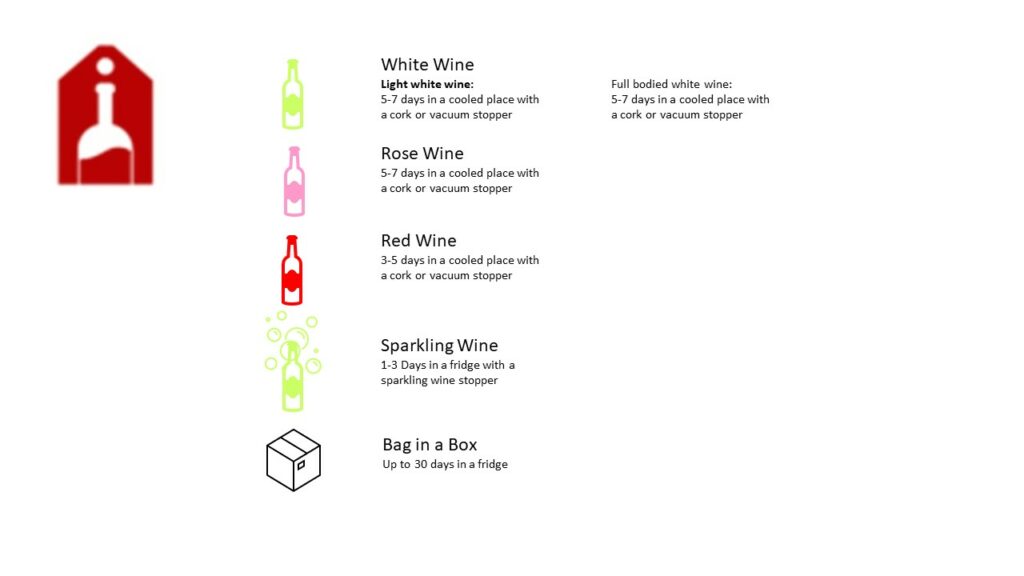
Why does full bodied white wine go bad earlier than light bodied white wine?
Full-bodied white wines have a richer, more complex flavor profile with a higher alcohol content and greater concentration of tannins. However, these same characteristics that appeal to wine lovers can also cause the wine to go bad sooner than light-bodied whites.
Oxidation of the opened wine
One reason for this is that full-bodied white wines are often aged in oak barrels, which can impart flavors of vanilla, spice, and toastiness. Unfortunately, oak barrels can also introduce oxygen into the wine during aging, leading to oxidation and spoilage.
Formation of Acetic Acid
Another factor contributing to the shorter shelf life of full-bodied white wines is their lower acidity levels compared to light-bodied whites. Acidity acts as a natural preservative in wine by inhibiting bacterial growth. It`s slowing down the chemical reactions that leads to flavor degradation.
How long can you keep Sparkling wine once it’s opened?
Sparkling wine is a popular drink that most people enjoy during special occasions or when celebrating with friends and family. However, once the bottle is opened, many people wonder how long they can keep it before it starts to lose its fizz and flavor.
The answer to this question depends on several factors. The type of sparkling wine, storage conditions, and personal preference play an important role. Generally speaking, most sparkling wines will last for up to three days after opening. You need to store it properly in the refrigerator with a cork or sparkling wine stopper tightly secured over the bottle’s mouth.

However, some high-quality sparkling wines may last up to five days or even longer. You only need to use a specialized sparkling wine stopper that helps preserve carbonation. It’s essential also to note that exposure to heat or direct sunlight. It can significantly reduce the lifespan of an open bottle of sparkling wine.
How long do fortified wines last once you`ve opened the bottle?
The answer to this question depends on several factors such as storage conditions and the type of fortified wine. Generally, an open bottle of fortified wine can last for several weeks or even months if stored properly in the refrigerator. You need to close it with a cork or stopper tightly secured on top. However, some varieties like port and sherry or madeira can last longer since they are already oxidized during production.
It’s important to note that once exposed to air, fortified wines will start to lose its flavor and aroma over time.
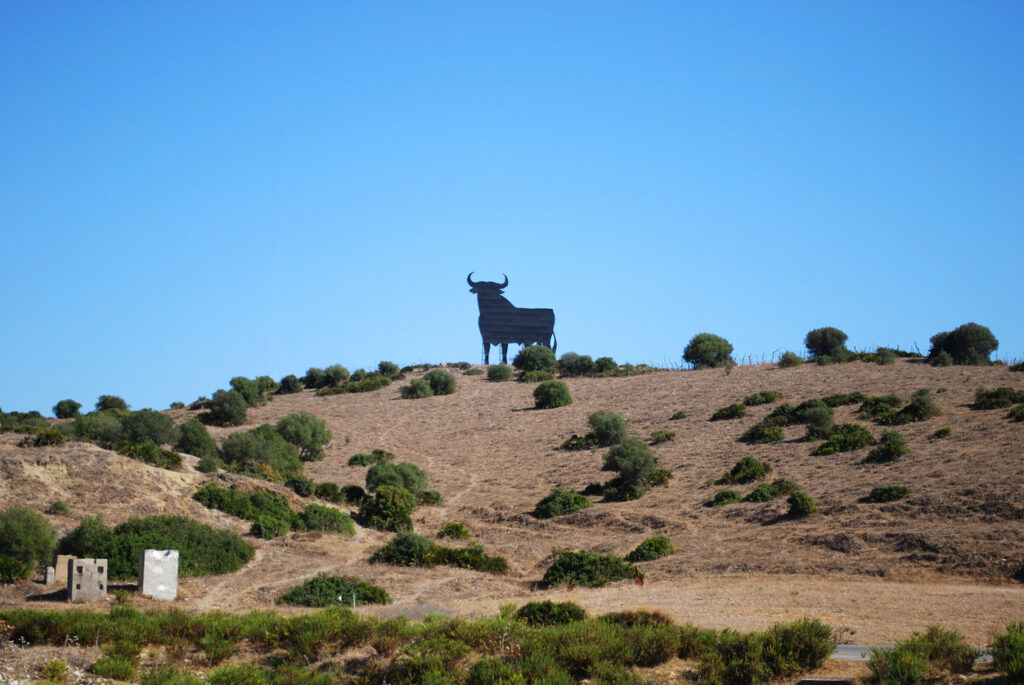
Can I Prevent Wine Spoilage?
Wine is a delightful beverage that brings joy to many, but it’s not always easy to consume a whole bottle in one sitting. If you’re an occasional wine drinker, you likely know the disappointment of opening a bottle of leftover wine only to find it has gone bad. Oxygen and bacteria are two main culprits of wine spoilage. Fortunately, there are steps you can take to prevent this from happening.
The first step is storing your opened bottle properly. Store the leftover wine in the refrigerator with a cork or stopper sealing the top of the bottle tightly. This will slow down oxidation by reducing oxygen exposure and halting bacterial growth. Additionally, keeping your open wine at a cooler temperature will also help maintain its flavor and aroma for longer periods of time compared to storage at room temperature.
Another way to prevent spoilage is by using vacuum-sealed pumps designed specifically for wine bottles.

